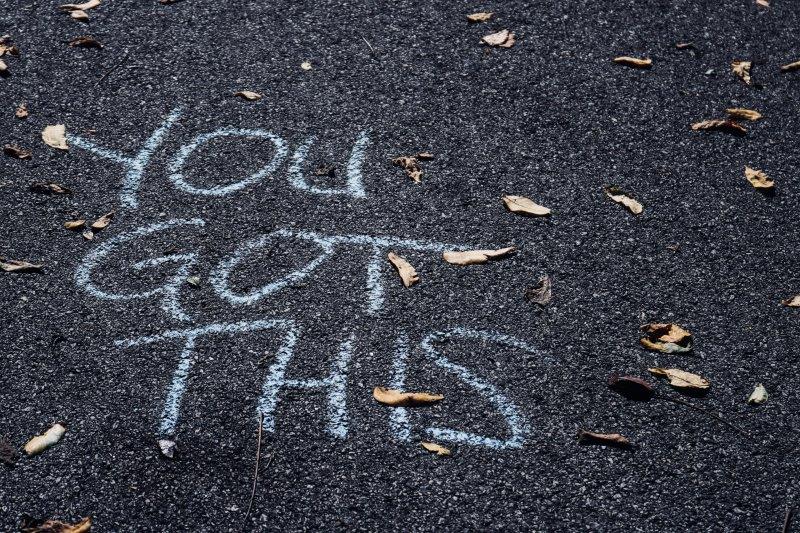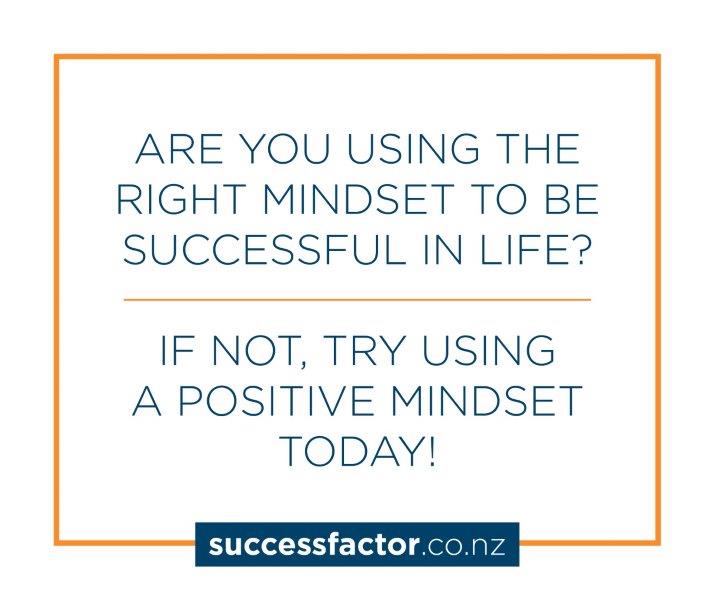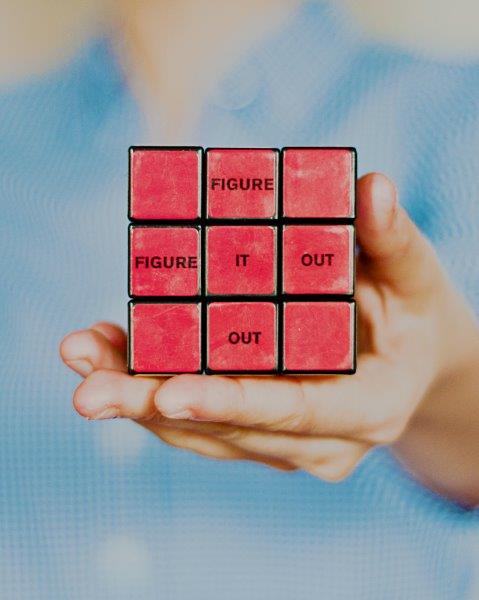Tiny Changes Make a Big Difference

I heard a quote recently from an unknown source which said “I didn't come this far to come this far”. This represents so much doesn’t it, in that it depicts we’ve tried so hard to get where we’re at and we can’t stop now. This quote and the book I’m reading for the second time Atomic Habits by James Clear reminded me of how hard it is to break habits and to start habits and to understand the behaviour that sits behind this. One of the things James Clear talks about is how we can make a big difference by making small changes. For example, if we make just 1% change with something, in the short term it’s hardly noticeable, however, in the longer term it will make a big difference. The other book that goes well with Atomic Habits is Tiny Habits by B J Fogg. He has some









